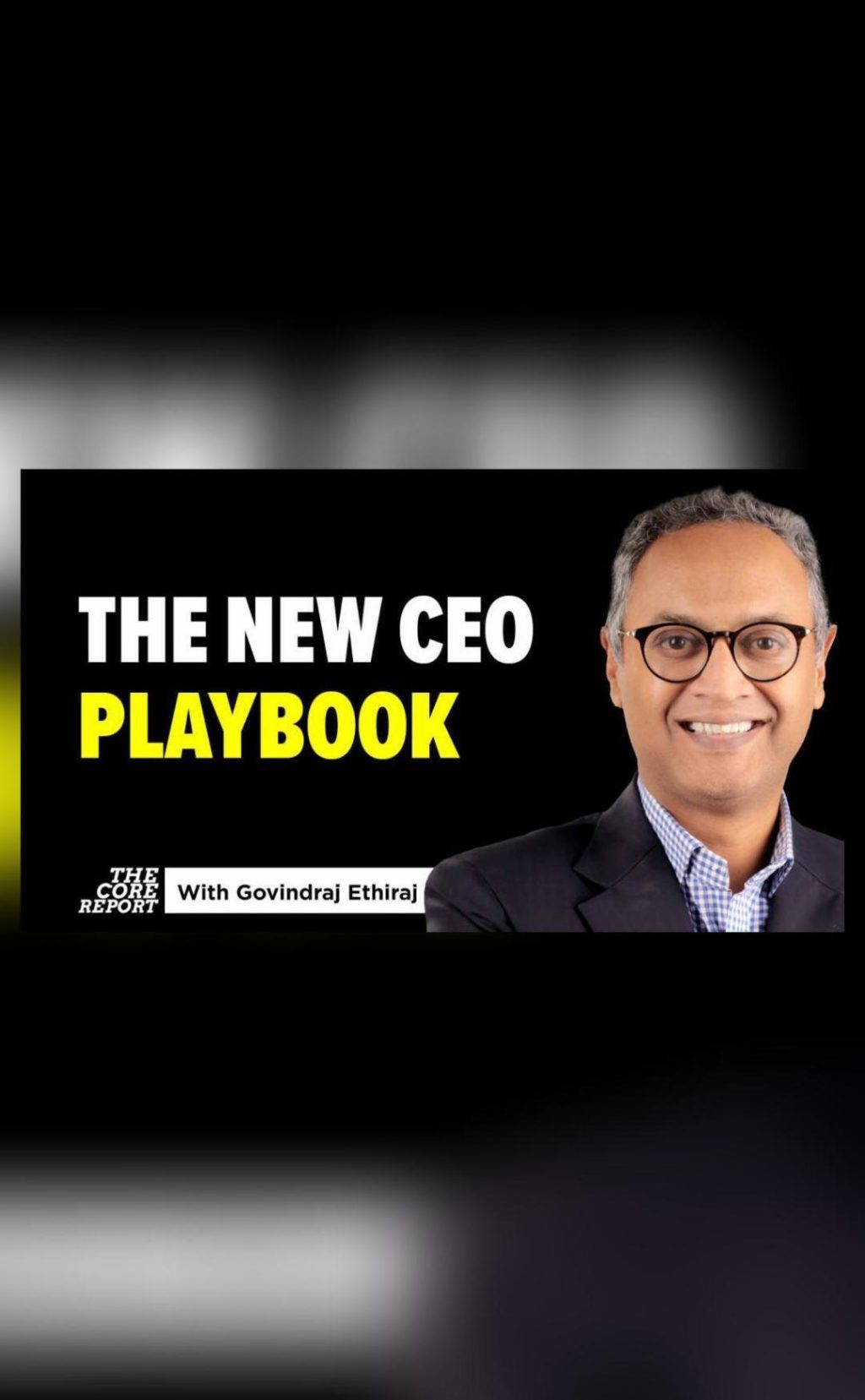
The New CEO Playbook: AI Pressures & Global Tariff Shocks
As the world becomes increasingly interconnected, CEOs are facing an unprecedented set of challenges. The rapid advancement of artificial intelligence (AI) is reshaping industries and forcing companies to innovate and automate or risk falling behind. Meanwhile, global trade policies are undergoing a seismic shift, with tariffs and trade wars disrupting international commerce. In this volatile landscape, business leaders must rethink their strategy and operations to stay ahead of the curve.
The Pressure to Automate
One of the most significant pressures facing CEOs today is the need to automate and innovate. As AI technology improves, companies are under increasing pressure to adopt new technologies and processes to remain competitive. This can be a daunting task, especially for older companies with legacy systems and processes. According to a recent report, 80% of CEOs believe that AI will be a major driver of business growth in the next five years, but only 20% have a clear plan for implementing AI in their organization.
The consequences of failing to adapt to AI can be severe. A study by McKinsey found that companies that fail to adopt AI may lose up to 30% of their market share to more agile competitors. This is especially true in industries such as finance, healthcare, and retail, where customer expectations are constantly evolving.
Tariff Shocks: The New Reality of Global Trade
In addition to the pressure to automate, CEOs are also facing unprecedented challenges in the global trade landscape. The rise of protectionism and tariffs is disrupting international commerce, making it more difficult for companies to source materials, manage supply chains, and export goods.
The impact of tariffs can be far-reaching, affecting everything from the cost of raw materials to the final price of goods. According to a recent report, the average tariff on imported goods has increased by 15% since 2016, with some industries facing tariffs as high as 25%.
The consequences of tariffs can be severe, especially for companies with complex global supply chains. A study by the World Trade Organization found that tariffs can increase the cost of goods by up to 10%, leading to higher prices for consumers and reduced competitiveness for companies.
Localizing and Adapting
In response to these challenges, companies are being forced to rethink their strategy and operations. One of the key trends emerging is the need to localize and adapt to changing market conditions.
This can involve a range of strategies, from investing in local production and supply chains to developing new products and services that cater to local tastes and preferences. According to a recent report, 80% of CEOs believe that localizing their business will be critical to their success in the next five years.
Reconsidering Business Models
The rise of AI and tariffs is also forcing companies to reconsider their long-held business models. In an era of rapid change and disruption, companies can no longer rely on traditional business models to remain competitive.
Instead, they must be willing to innovate and adapt, embracing new technologies and business models that can help them stay ahead of the curve. According to a recent report, 70% of CEOs believe that their business model will need to change significantly in the next five years to remain competitive.
Conclusion
The new CEO playbook is clear: AI pressures and global tariff shocks require business leaders to rethink their strategy and operations. From the pressure to automate and innovate to the need to localize and adapt, companies must be willing to innovate and adapt to remain competitive.
As the world becomes increasingly interconnected, CEOs must be willing to take calculated risks and challenge traditional assumptions about their business. By doing so, they can position their company for long-term success in a rapidly changing world.
Source: https://youtu.be/0osLVVtj7tY






